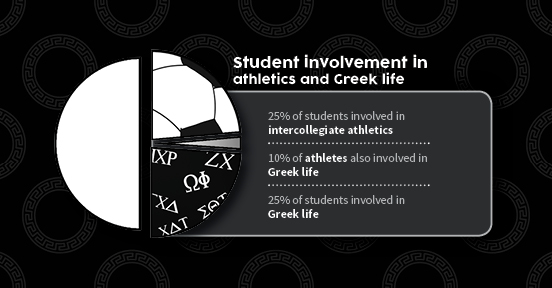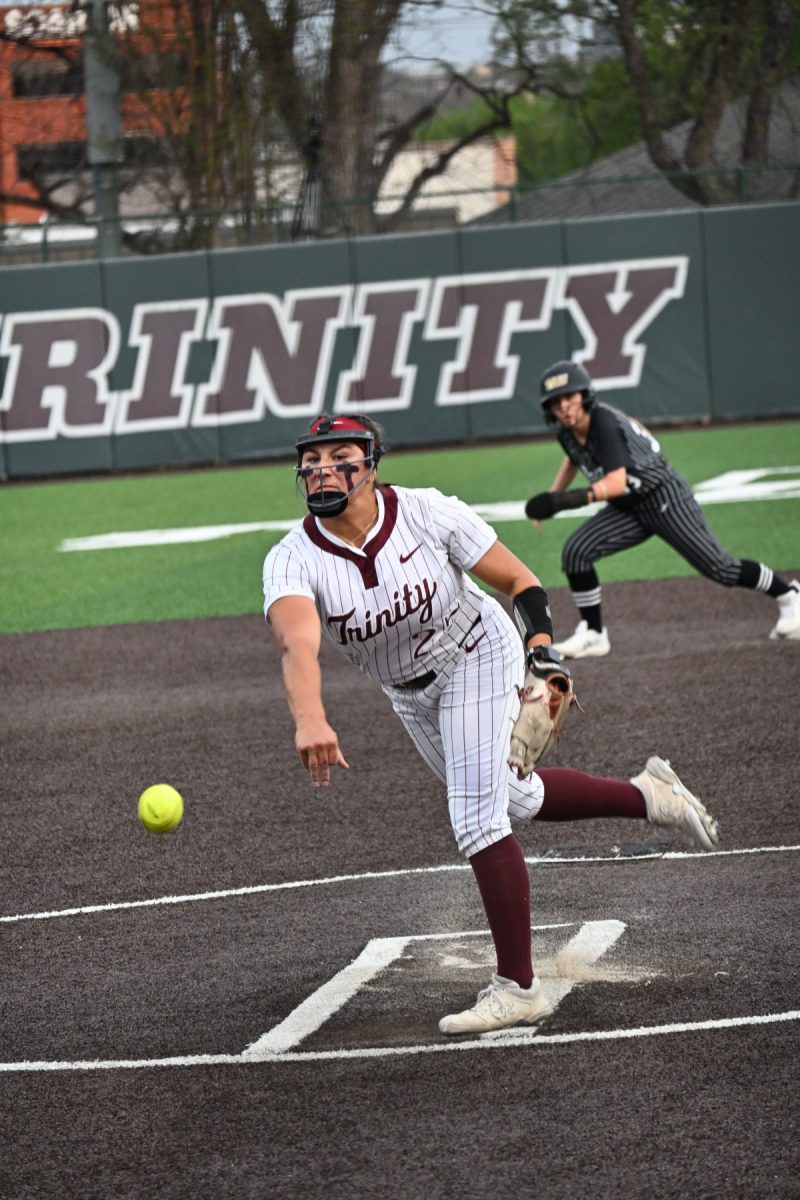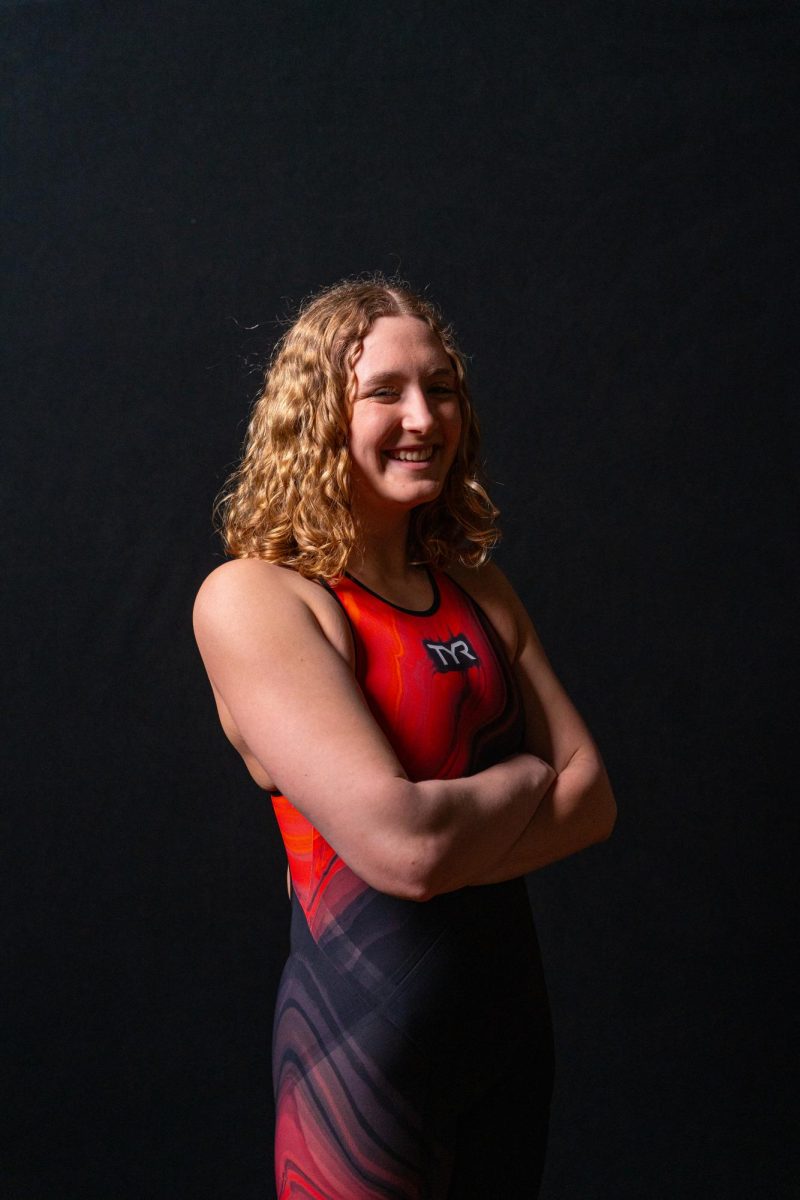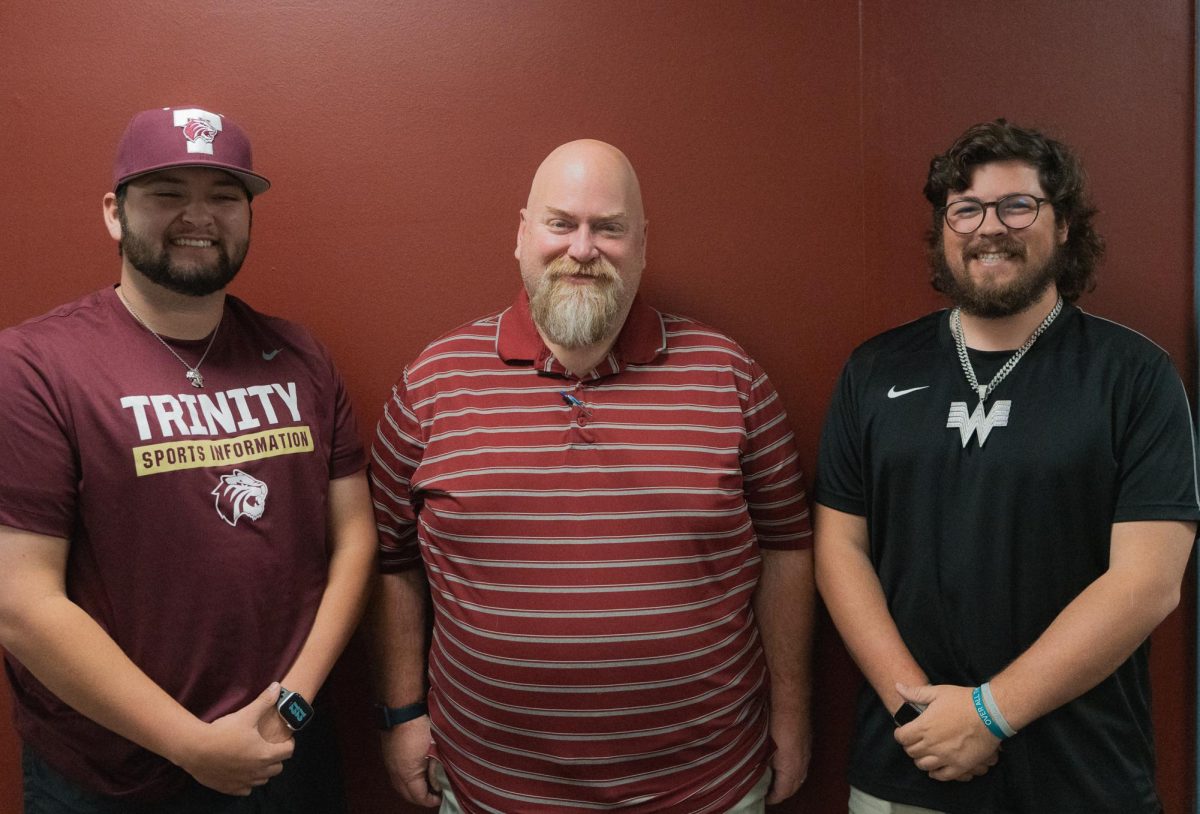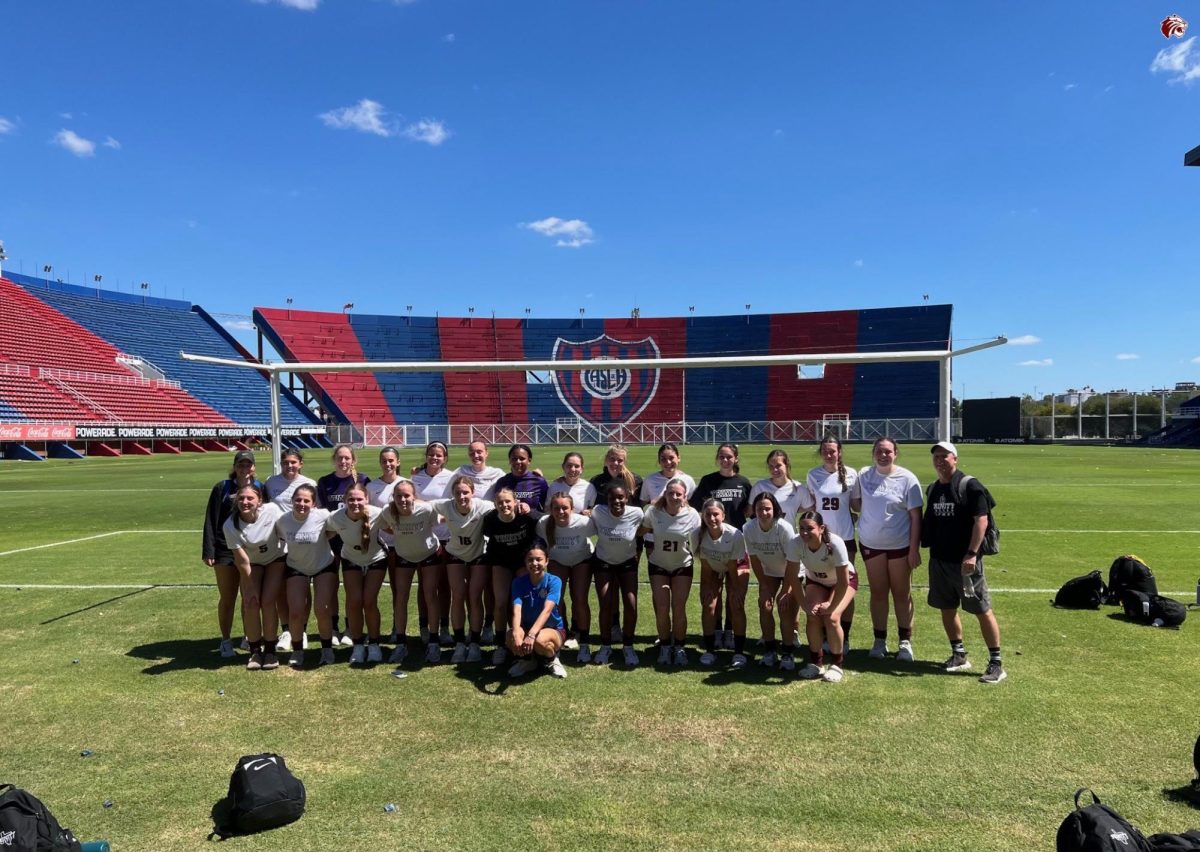Year after year, the largest portion of Trinity’s student population are student athletes and members of Greek Life. These subgroups tend to blend together, but it hasn’t always been that way. In the past, some coaches have been opposed to letting their athletes participate in Greek Life. As time goes on, several coaches have changed their opinions, but there are still some teams that hesitate to let their athletes participate.
About a quarter of Trinity students are involved in Greek life and another 25 percent are involved in intercollegiate athletics. A tenth of the students involved in Greek life are varsity athletes.
These statistics come as a surprise to many. How is it possible that students are able to participate in both Greek life and intercollegiate sports? Do they have time to balance both? Why would student athletes even want to be involved in Greek life?
Jeremy Allen, assistant director for fraternity and sorority life, suggests that there is significant overlap in the reasons for joining both Greek life and sports teams.
“A lot of the same traits that you see within athletic teams come with Greek life. “¦ You see the bonding, students wanting to stand up for one another and be part of something together and strive for a common goal,” Allen said. “In some sense, Greek life can mirror athletics.”
Greek life serves as a way for students to be part of something greater, but also tends to provide athletes with a few more perks that typically don’t come with athletics, such as alumni connections. The two groups serve different needs, but together can provide a sturdy foundation for students during their undergraduate education and beyond.
Although many student athletes and coaches see the benefits of Greek life, there are still several coaches and teams on campus that do not. Some coaches do not allow their students to rush at all, and some coaches have begun to implement rules that require their athletes to wait a year, or even two years, before rushing. Every team has their own policy and every coach has their own beliefs, but the concerns tend to stem from the same issue “” time commitment. Both Greek life and athletics require a large time commitment; Allen believes this is what concerns most coaches.
“Athletes have practices, games, travel, team activities “” and you have academics on top of that. So if you add Greek life, that can culminate in some students just not having enough time and being stretched too thin, so I understand that sentiment,” Allen said.
Some athletes don’t see much of a point of joining a Greek organization for themselves, since being a member of a sports team has similar benefits.
“I respect anyone who chooses to rush, but I don’t see myself ever rushing, because the tennis team is already my friend group,” said Tilden Oliver, junior tennis player.
Megan Richards, a junior track and field athlete and member of Gamma Chi Delta, explains that her coach is weary of the time commitment.
“Our coach says if we are going to be in Greek life, we can’t let it get in the way of our sport,” Richards said.
This stands true not only for student athletes, but for students who are involved in other clubs and activities. When it comes to time commitment, Allen believes clubs are more than willing to be flexible with Greek-related activities.
“Our busiest time is definitely those four weeks of orientation in February, but during orientation and throughout the year groups can be really flexible with time commitments and how many meetings you have to attend, or which events you have to go to through the week,” Allen said.
Another concern coaches typically have is that Greek life will have a negative effect on teammate relationship or athletic performance. Research completed by Allen and the Greek Council has shown otherwise.
Trinity University student athletes were asked if being a member of a fraternity or sorority has had an impact on their relationship with their teammates, and 72.4 percent of student athletes said no. Of student-athletes, only 22.4 percent said that Greek life has had a positive impact on teammate relationship.
When asked if being a member of a fraternity or sorority has contributed to athletic performance, 79 percent of student athletes said no, while 19.8 percent said yes, Greek life has had a positive impact on their athletic performance.
“You look at some of the clubs, the Spurs for example,” Allen said. “They have a lot of women’s soccer players, and some of their best players are in Greek life.” Allen believes this is due to the growth of deeper relationships.
Students from many teams “” tennis, swimming and diving, football and more “” have come to Allen expressing concerns about their coach’s feelings toward Greek life. Allen and Greek Council are working on reaching out to coaches even more to present the data and personal stories in an effort to shift their attitudes. Greek life has worked and will continue to work with coaches to make this an opportunity for all student athletes.
“Students involved in both Greek life and athletics value both very, very highly, and I don’t think one will ever compromise the other,” said Allen. “This a mutually beneficial thing for students.”
Hailey Wilson is a member of Gamma Chi Delta and plays for the softball team.

